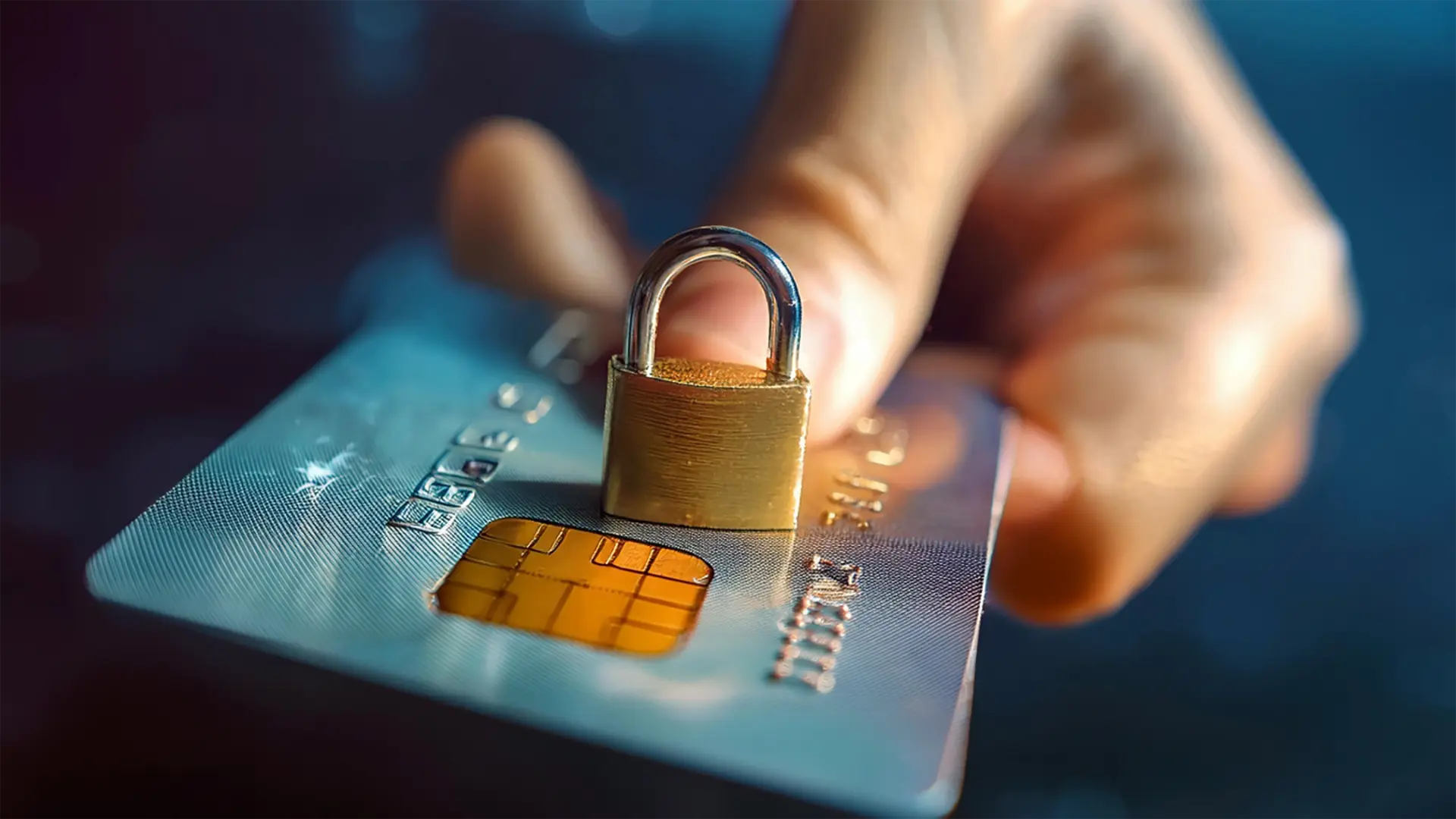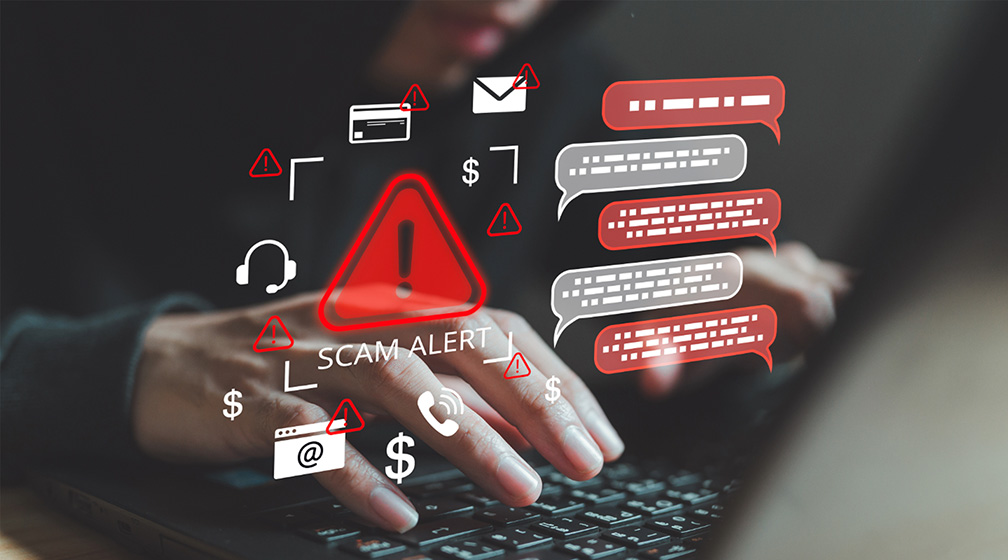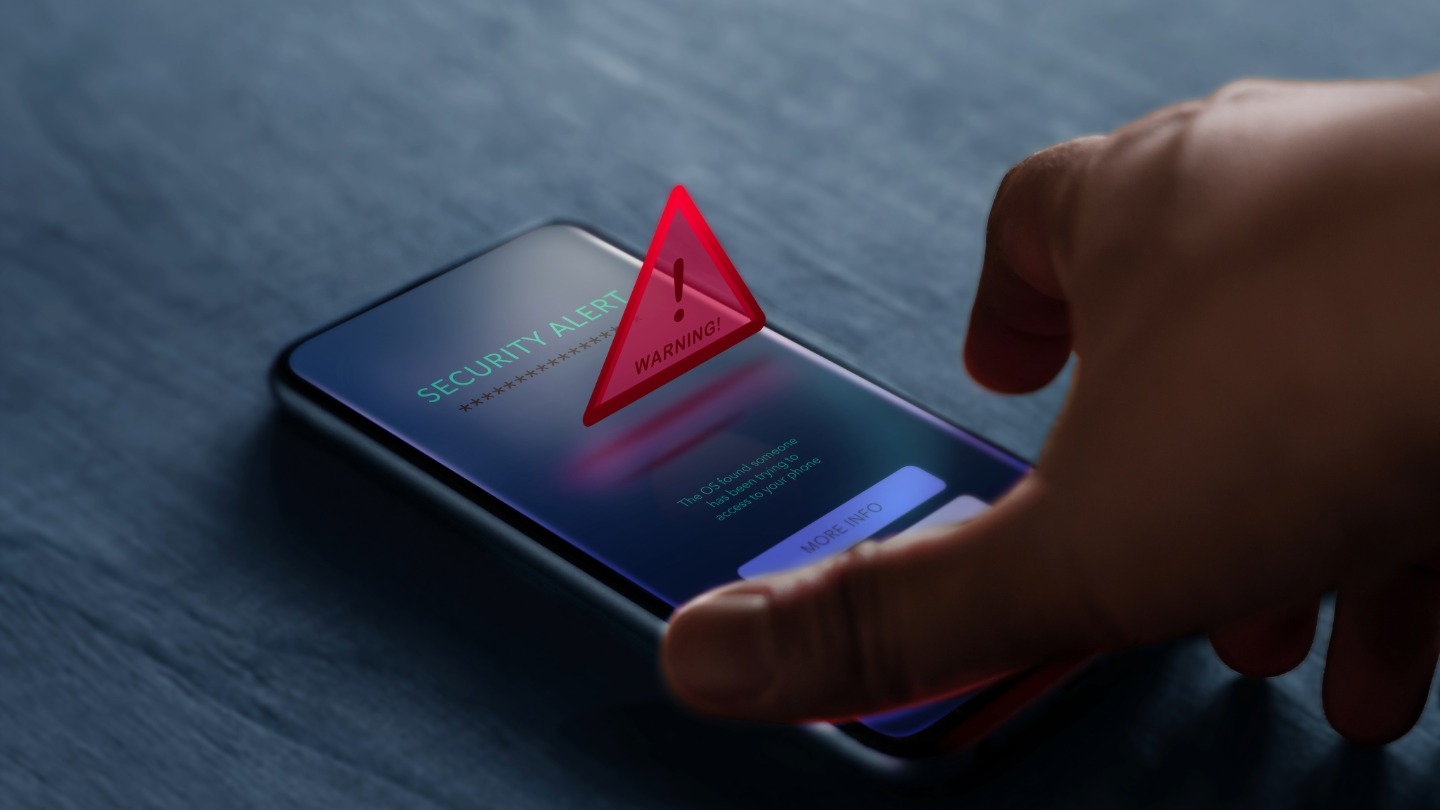
As the holiday season approaches, online shopping becomes increasingly popular. With the increase in online shopping comes the increased risk of falling victim to scams. One growing threat during this time is the fake package delivery notification scam.
In this type of scam, fraudsters send deceptive emails or text messages claiming to be legitimate shipping notifications from reputable carriers or retailers such as FedEx, UPS, and the U.S. Postal Service. These messages can include fake information about the shipment status of an order, urging recipients to click on malicious links, make payments, and download attachments.
The goal of fake package delivery scams is to trick recipients into revealing sensitive personal information, such as login credentials or credit card information. Or scammers are looking to infect victims’ devices with malware.
What Is a Phishing Scam?
Fake shipping delivery scams fall under the broader category of phishing scams. Phishing is a type of social engineering attack where bad actors pose as trustworthy companies or organizations to deceive victims into providing sensitive information or performing actions that compromise their security, their identity, and their finances.
Fake package delivery notification scams are a specific type of “smishing” scam, which is a form of phishing delivered via SMS or text messages. Scammers use these messages to trick victims into downloading malware, sending money, or providing personal identifiable information (PII).
With fake delivery notification scams, these messages can imitate well-known shipping companies or online retailers. They often create a false sense of urgency to prompt recipients to click on links, provide payment information, or download attachments. Once users interact with these malicious elements, scammers can gain unauthorized access to the victims’ personal information and accounts or compromise their devices.
How Can I Avoid Fake Delivery Notification Scams?
Protecting yourself from fake shipping notification scams and other phishing attacks requires caution. Here are some essential tips to help you avoid falling victim to these scams during the holiday season.
- Verify the Sender: Before clicking on links or downloading attachments, verify the legitimacy of the sender. Check the email address and look for suspicious elements, such as misspellings or unusual domains. Legitimate shipping notifications typically come from the official email addresses of well-known carriers. When in doubt, contact the company directly.
- Use Officiation Websites: Instead of clicking on links in emails or text messages, visit the official website of the shipping company or retailer directly by typing the URL into your browser. This helps ensure you are accessing the authentic site and not a fraudulent site.
- Update Your Software: Keep your antivirus and anti-malware software up to date to provide an additional layer of protection against potential threats. IdentityIQ device security with anti-virus and VPN provide complete protection against malware and scammers.
- Be Cautious with QR Codes: Scammers may send phishing emails posing as legitimate shipping services, urging you to scan a QR code to track your shipment, claim a special offer, or access additional information. However, the QR code could redirect you to a malicious website, install malware on your device, or steal your personal information. Avoid scanning QR codes from unsolicited emails or messages. Instead, manually visit the official website of the company for accurate information.
Fake Package Delivery Scam Red Flags to Watch For
Fake package delivery scams are designed to trick you into reacting quickly, often by playing on emotions like fear or urgency. Recognizing the warning signs of these scams can help you avoid falling victim. Here are key red flags to help you identify these scams:
Sense of Urgency
Scammers often create a false sense of urgency to pressure you into acting before thinking. Messages may claim your package will be canceled unless you respond immediately. Legitimate companies do not typically demand immediate action through email or text. If you're unsure, visit the official website or contact the company directly to confirm the situation.
Improper Spelling or Grammar
Professional companies take care to present themselves with proper correct spelling and grammar in their communications. Scammers, on the other hand, often make mistakes in their messages. Look for odd phrasing, improper spelling, or punctuation issues that seem out of place.
Suspicious Links or Attachments
Hover over links in an email to see where they lead before clicking. If the URL looks unfamiliar or mismatched, do not click. These links may redirect you to fake websites designed to steal your personal or financial information or infect your device with malware.
Requests for Sensitive Information
Scammers may ask for personal details like your credit card number, account login credentials, or Social Security number. Legitimate companies typically do not request sensitive information via email or text message.
Generic Greetings or Lack of Personalization
Fake delivery notifications often use generic greetings such as “Dear Customer” instead of your actual name. A lack of personalization could be a sign of a scam. Cross-check order details by logging into your account on the retailer’s official website.
Unfamiliar Sender Information
Scammers may use email addresses or phone numbers that look similar to those of legitimate companies but have subtle differences. These can include extra characters, misspellings, or unusual domains.
By staying alert to these red flags, you can better protect yourself from falling for fake package delivery scams. When in doubt, always double-check directly with the company to ensure the legitimacy of the message.
Why Is Identity Theft Protection Important?
The importance of staying vigilant against fake shipping notification and other phishing scams extends beyond an immediate threat. When scammers have access to your personal information, it can lead to identity theft and severe consequences, including financial loss, damage to your credit score, unauthorized access to various accounts, and identity thieves opening up new accounts in your name.
By signing up for IdentityIQ identity theft protection, you can help protect your personal information and your finances. You also can receive alerts if a scammer uses your personal information – one of the first signs of identity theft.
Fake Package Delivery Scam FAQs
Here are answers to common questions about fake package delivery scams.
How do I spot fake delivery scams?
Look for red flags like improper spelling, urgency, generic greetings, and requests for personal information. Avoid clicking suspicious links or attachments, and verify the sender through a trusted source.
How do I report fake package delivery scams?
Report scams to the FTC, the U.S. Postal Inspection Service, and the shipping company's fraud department. Flag the message as spam in your email or SMS app.
Can a scammer send a fake tracking number?
Yes, scammers can create fake tracking numbers that seem real but often redirect to fraudulent sites. Always check tracking info on the retailer or carrier's official website.
Why am I getting packages I didn’t order?
This could be a brushing scam or fraudulent purchases using your information. Check for unauthorized charges and report suspicious activity to the retailer and your credit card provider.
Bottom Line
Staying informed and proactive in helping protect your personal information can create a defense against scammers. Recognizing the signs of fake delivery notification scams, understanding phishing scams, adopting proactive security device measures, and signing up for IdentityIQ identity theft monitoring can help ensure a safe and secure holiday shopping experience for everyone.
Don’t wait — protect your personal information now. With IdentityIQ, you can receive real-time alerts for possibleto suspicious activity and have peace of mind knowing your identity has an extra line of protection. Get started with IdentityIQ today.







